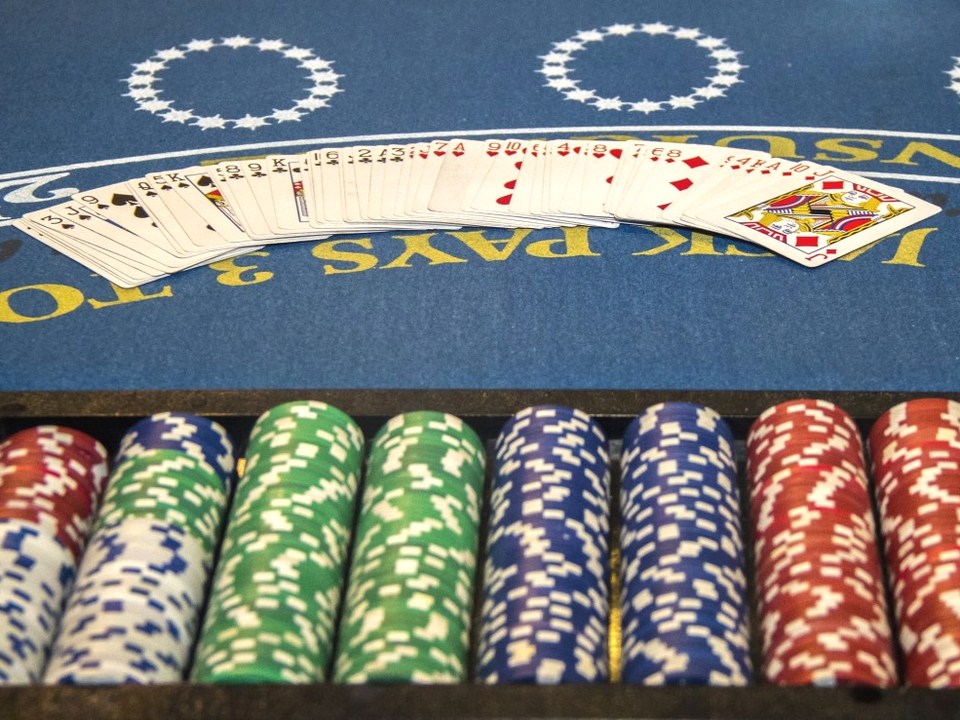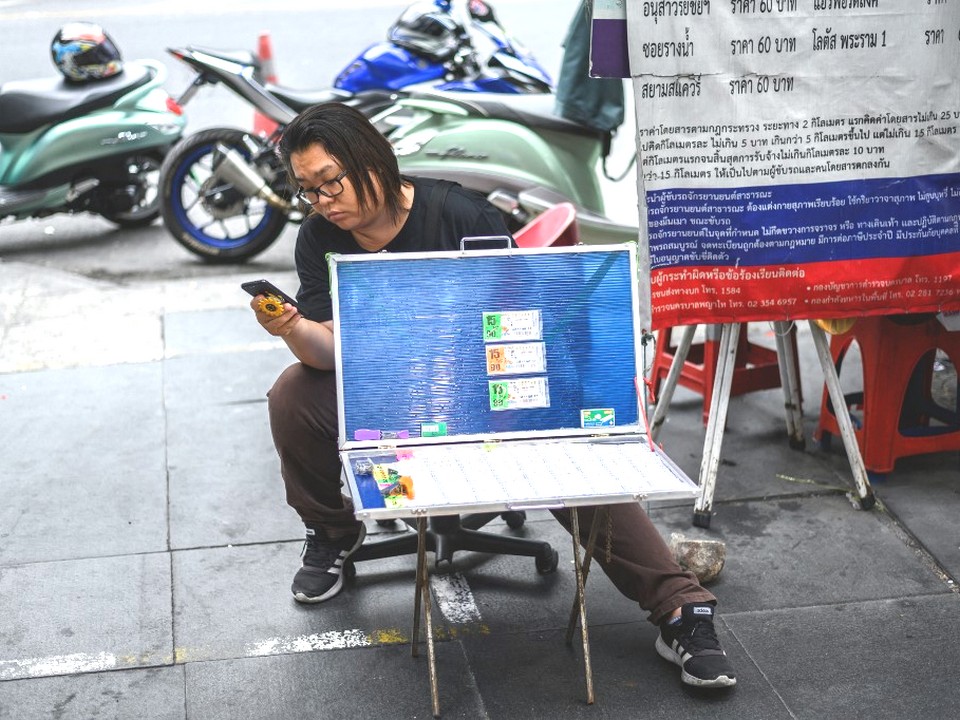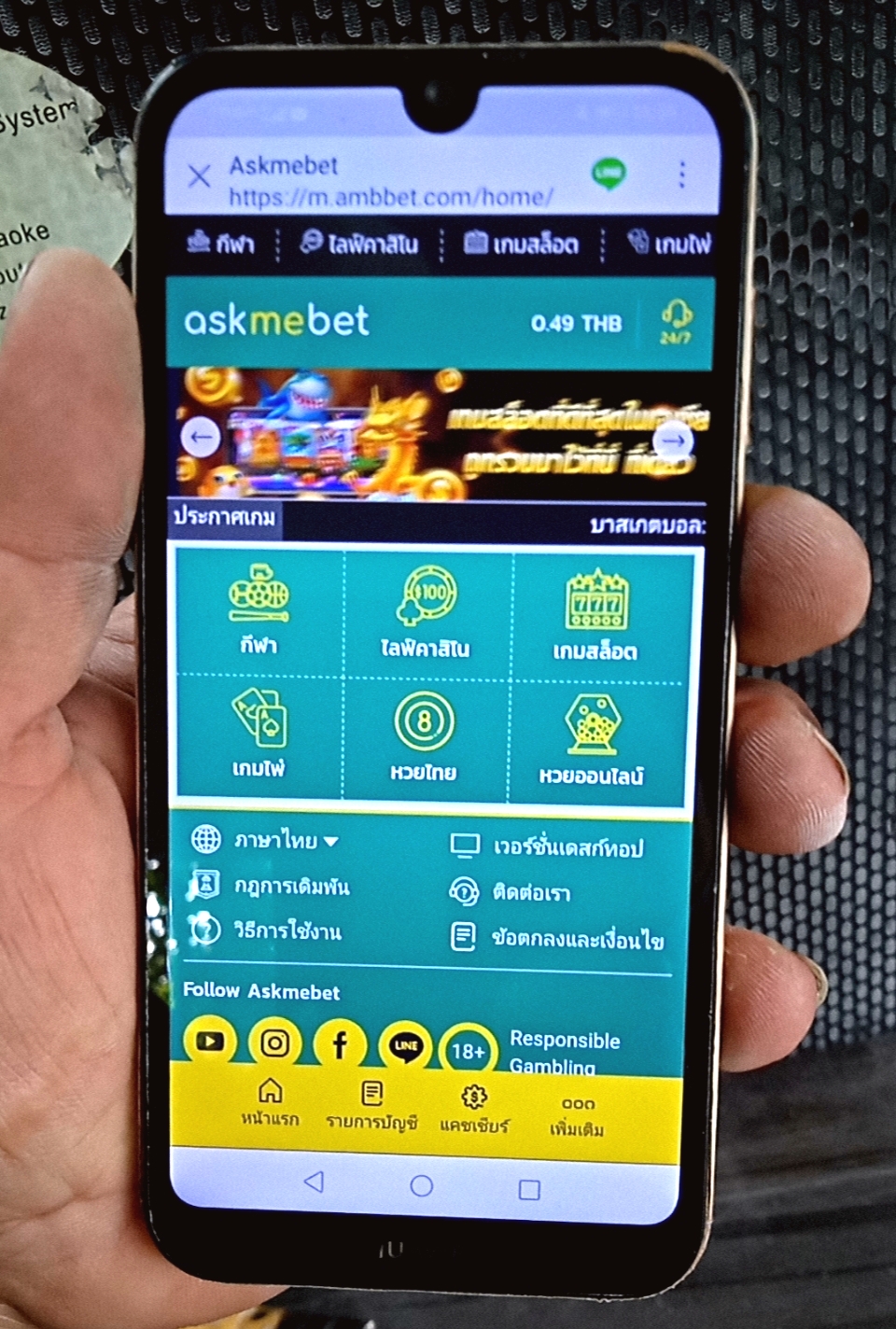
Over 90 percent of Thai parliamentary members voted this week to set up a special committee to look afresh at legalizing casinos. That’s really calling a spade a spade since all forms of gambling (except the state lottery and horse racing on specified courses) have been punishable since 1935. Global gambling corporations and consultancies, which include the international Las Vegas Sands and Szilaghi, feel confident that the first legal casino will open in Thailand within the next two years.
The pro-gambling lobby in Thailand believes it’s a case of third time lucky. After the disastrous 2004 tsunami, then prime minister Thaksin Shinawatra proposed legalizing politely-named “entertainment complexes” as a way of reviving the economy. But he was shouted down and had to admit it was a busted flush. In 2012, his sister premier Yingluck Shinawatra tried the same, but to no avail. Relevantly, His Majesty King Rama IX was believed to be strongly anti-gambling in sentiment.

What’s different this time is the Ace up your sleeve: the dreaded Covid pandemic which scares the living daylights out of government ministers and economists charged with raising revenue over the next five years. None the less, opponents will throw the book at the idea of legalized gambling. Their arguments will include Buddhist moral principles, institutional corruption, the threat of family violence and even the possibility of catching coronavirus whilst coughing at the Blackjack table. The debate will be fierce and likely to go down to the wire.
Assuming the gambling optimists are right, the first moves will be minor. Legal entry to casinos will be restricted – at first – to foreign passport holders as it is already in Cambodia whose ruling elite often holds dual nationality anyway. Not that the rule prevents ordinary Cambodians from getting in provided they grease the right palms on admission. Moreover, the notion that legalizing casinos will abolish police corruption and close down back-street gambling dens is believed only by those totally ignorant of how these things work.

Even though thousands of women and men are fined every year for betting – usually for card games such as Pok Deng, a form of Poker with many wild cards – gambling is well-nigh universal. Online casinos such as Lucky Niki and King Billy proclaim that there are no specific Thai laws against internet gambling and they have no problem accepting Thai baht via use of a credit or debit card. Police action is limited largely to raiding safe-houses and arresting the operators who are often Chinese nationals.
There are longstanding street rumors that certain hotels in Pattaya, Bangkok and elsewhere already have fully-equipped casinos in secret rooms, ready to remove the dust covers as soon as the starting gun is fired. Unlikely. The first casinos will be huge entertainment complexes – as Thaksin predicted 20 years ago – with luxurious accommodation, cabarets, gourmet restaurants and expensive non-gambling diversions to boot. Gambling in the 2020s has to be integrated and aimed at the rich. But what about alcoholic drinks being served if the pesky virus persists? The world’s only teetotal casino in the United States went bankrupt in less than a week.
 |
 |
 |





